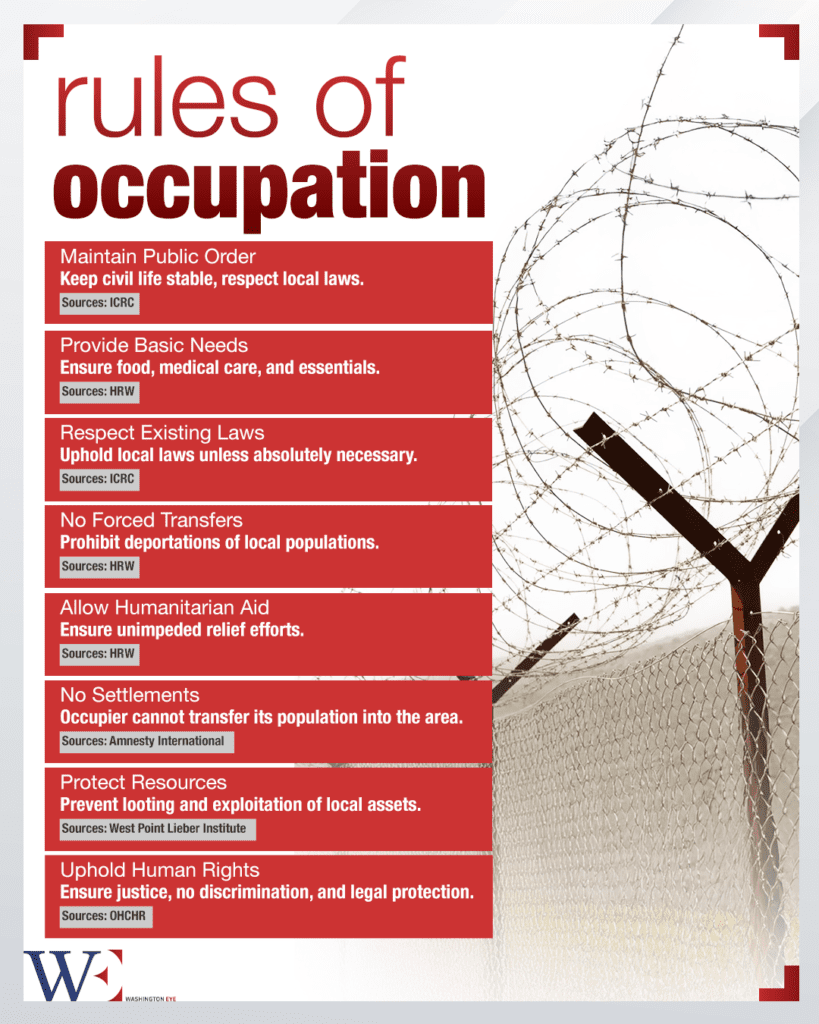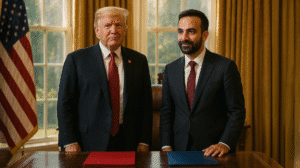As the humanitarian crisis in Gaza deepens, Israel has moved to block aid shipments from entering Gaza, drawing sharp criticism from international bodies, Arab nations, and human rights organizations. The decision comes as ceasefire negotiations with Hamas remain in fluctuation, with Israel using the blockade as a pressure tactic. Here’s a breakdown of the latest developments.
Aid Blockade as a Negotiation Tactic
Israeli Prime Minister Benjamin Netanyahu has defended the decision to halt humanitarian aid into Gaza, tying the move to ongoing ceasefire negotiations. According to a statement from his office, Netanyahu has conditioned the resumption of aid on Hamas agreeing to a ceasefire deal that includes the release of Israeli hostages. “Not a single truck will enter Gaza until our captives are returned,” he declared.
This marks a significant escalation in Israel’s approach to negotiations, as aid shipments were previously allowed in under international humanitarian law. By explicitly linking humanitarian assistance to political and military objectives, Israel violates the Geneva Conventions, which prohibit collective punishment and the withholding of essential supplies to civilians.
Despite this, Netanyahu’s government insists that Hamas is to blame for the stalemate, arguing that the group has refused reasonable terms for a ceasefire.
U.S. Response and Involvement
The United States, under President Donald Trump, has reinforced its staunch support for Israel, backing the decision to block humanitarian aid until Hamas agrees to release Israeli hostages and move toward a long-term ceasefire. Trump’s administration has argued that prioritizing Israeli security outweighs immediate humanitarian concerns, asserting that aid restrictions are a necessary measure to weaken Hamas’s operational capabilities.
Trump administration officials have engaged in diplomatic discussions with regional allies, emphasizing that Hamas must first demonstrate a commitment to de-escalation before aid can resume.
Secretary of State Mike Pompeo stated, “Humanitarian aid cannot come at the expense of Israeli security,” reinforcing the administration’s position that the blockade is a strategic tool in ceasefire negotiations.
Despite this, international pressure on the Trump administration is mounting, with European allies and humanitarian organizations criticizing the policy as exacerbating civilian suffering. The UN and human rights groups have warned that such measures may violate international law, as collective punishment against civilians is prohibited under the Geneva Conventions. However, Trump’s administration maintains that Hamas bears full responsibility for the crisis and must take action before aid is reconsidered.
Arab World Reactions
The decision to halt aid has sparked outrage across the Arab world. Egypt, Jordan, and Saudi Arabia have all issued statements condemning the blockade, arguing that it constitutes “collective punishment” in violation of international law. The Arab League has also called for an emergency meeting to discuss potential diplomatic actions against Israel.
Egypt, which has been facilitating aid deliveries through the Rafah border crossing, described Israel’s actions as a “flagrant violation” of humanitarian norms and warned that the move could destabilize the region further.
Saudi Arabia labeled the blockade as “blackmail” and accused Israel of weaponizing humanitarian assistance during Ramadan.
Jordan’s Foreign Minister Ayman Safadi also stated that “starving civilians as a negotiation tactic is a war crime”.
Meanwhile, Qatar, a key mediator in ceasefire talks, has warned that Israel’s actions could derail negotiations entirely, making a prolonged war more likely.
Humanitarian and Legal Implications: A Violation of International Law
Human rights organizations, including Amnesty International and the UN, have described Israel’s move as a possible violation of international humanitarian law. The UN Secretary-General António Guterres called the blockade “morally unacceptable” and urged immediate action to prevent further suffering among Gaza’s civilian population.
Under the Fourth Geneva Convention, withholding essential supplies such as food, water, and medical aid to civilians in conflict zones is prohibited. Legal experts warn that if Israel continues to use aid as leverage in negotiations, it could face legal consequences in international courts. The International Criminal Court (ICC) has already opened investigations into potential war crimes in Gaza, and Israel’s latest actions may add to those charges.
Furthermore, aid groups have warned of catastrophic humanitarian consequences. With hospitals in Gaza already overwhelmed and food supplies dwindling, cutting off aid will exacerbate famine-like conditions and increase civilian casualties.
Final Thoughts: What Comes Next?
The international community now faces a critical test: Will world leaders pressure Israel to lift the blockade, or will humanitarian concerns take a backseat to political negotiations? Unless significant pressure is applied, the blockade may persist, deepening Gaza’s suffering.

















